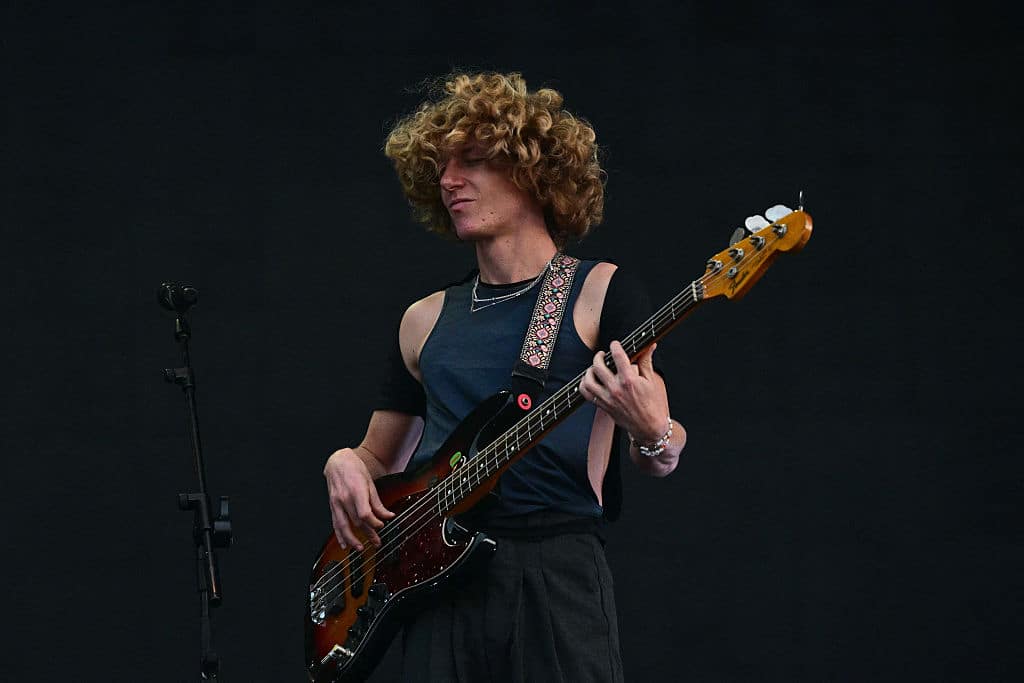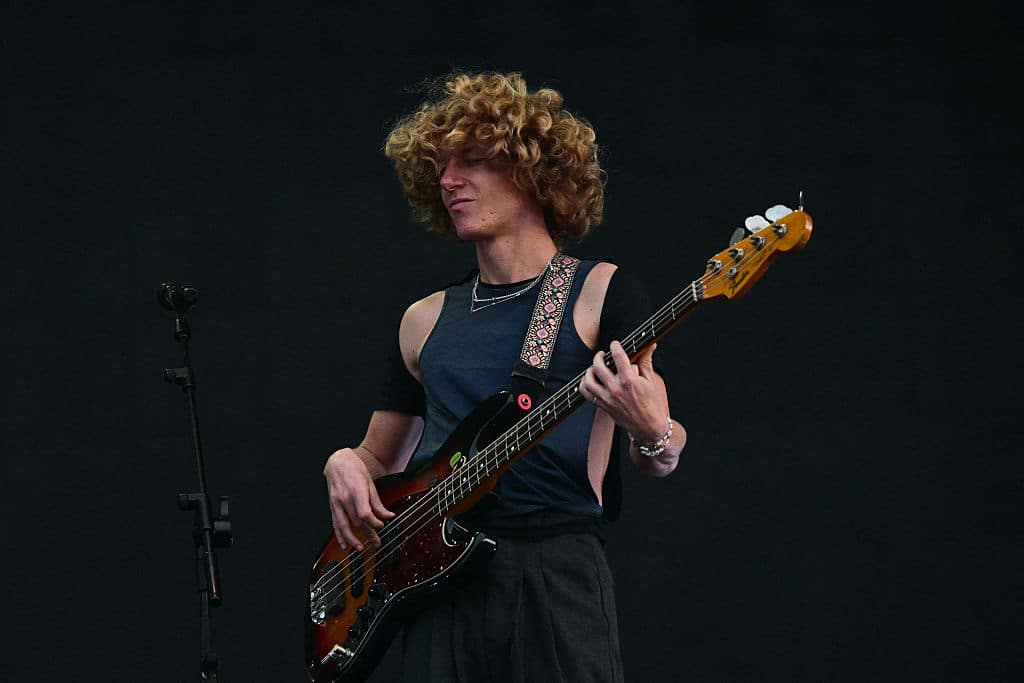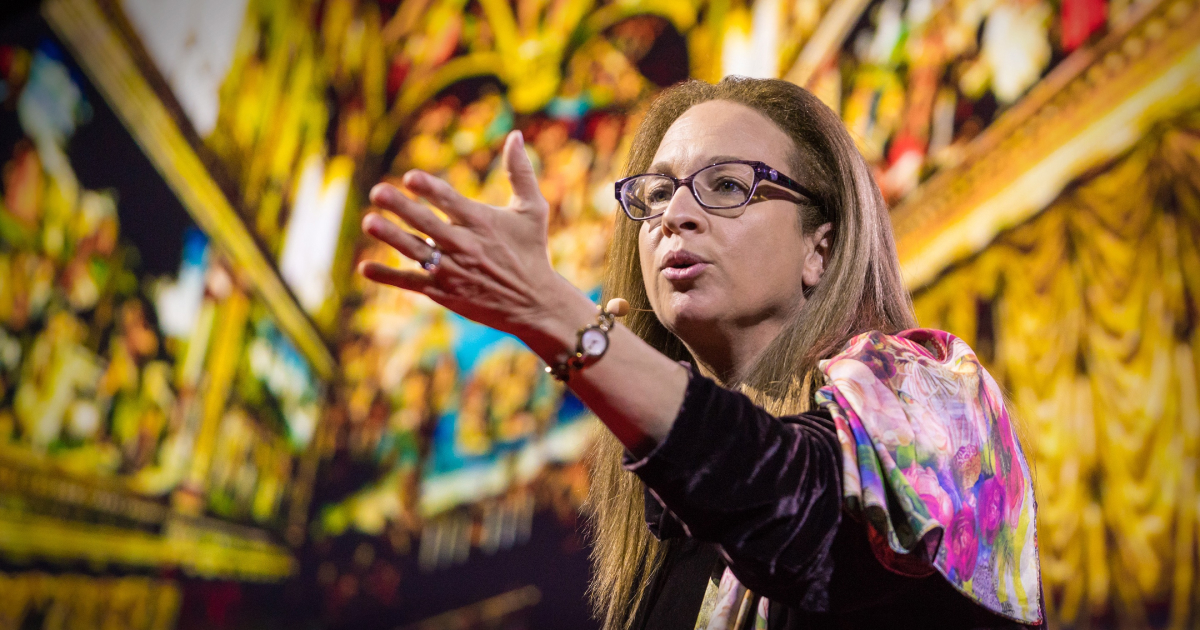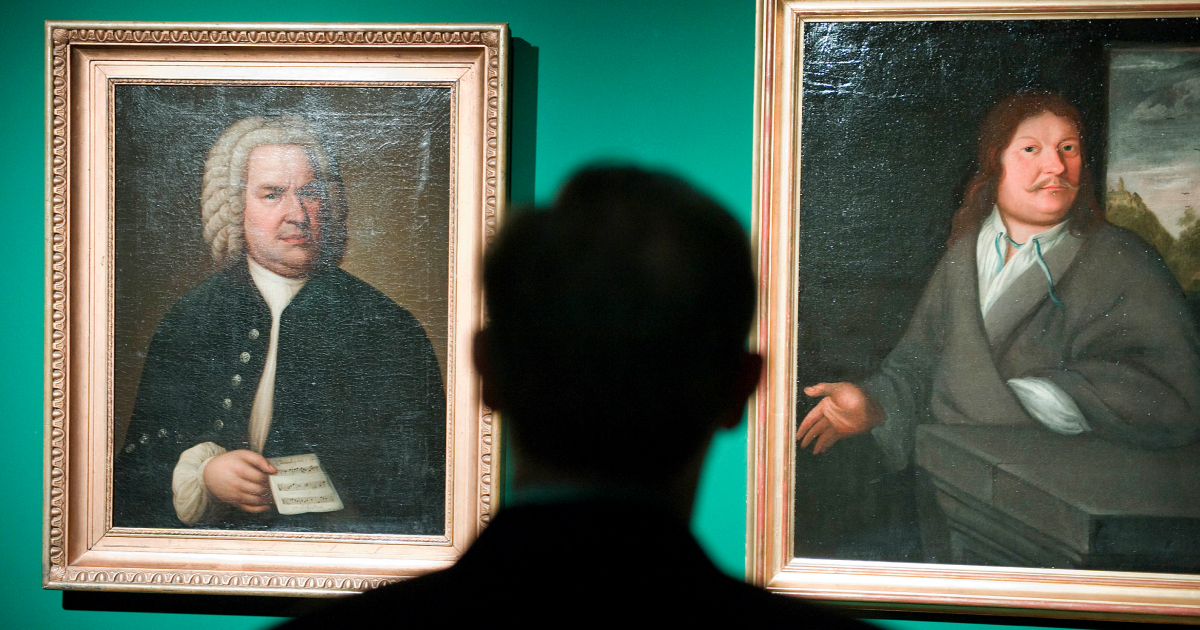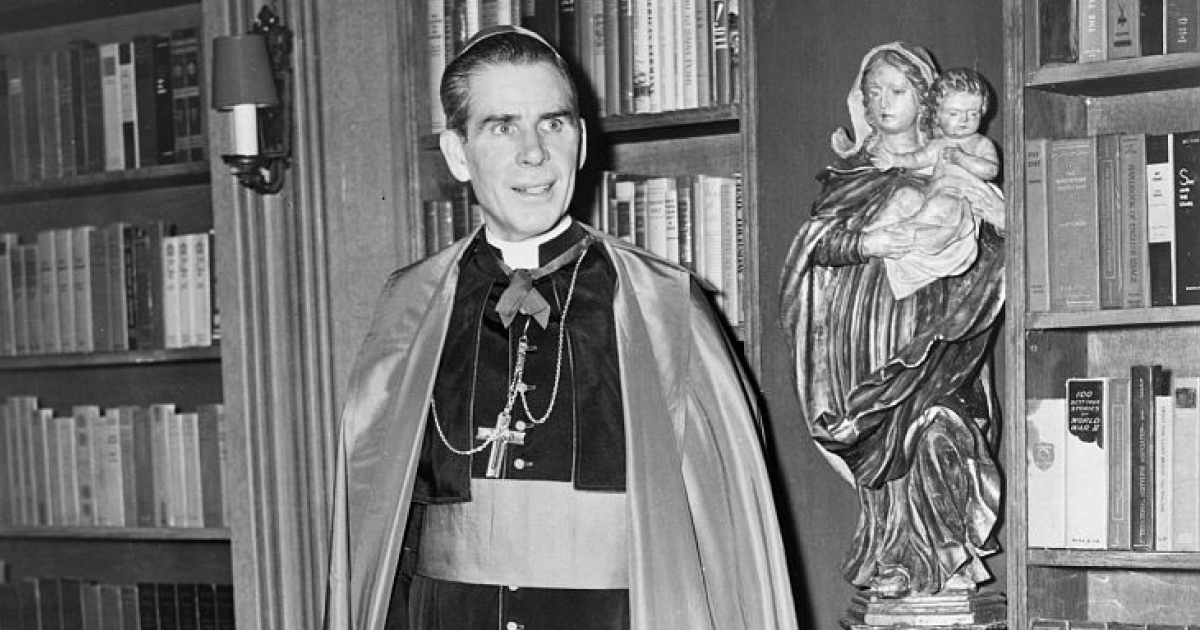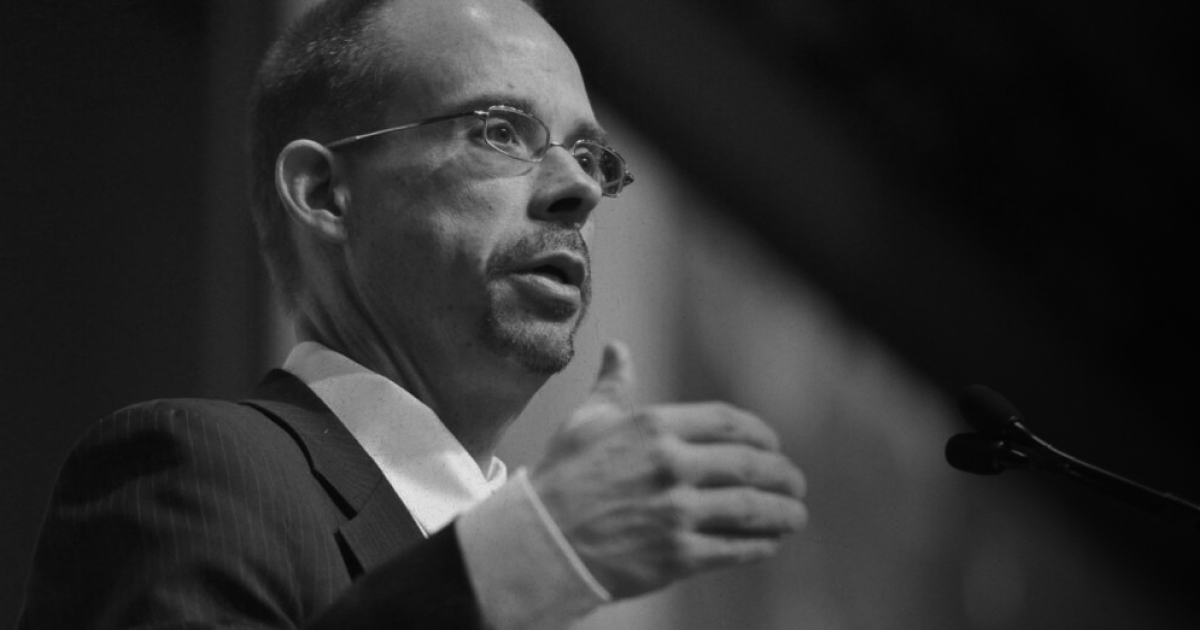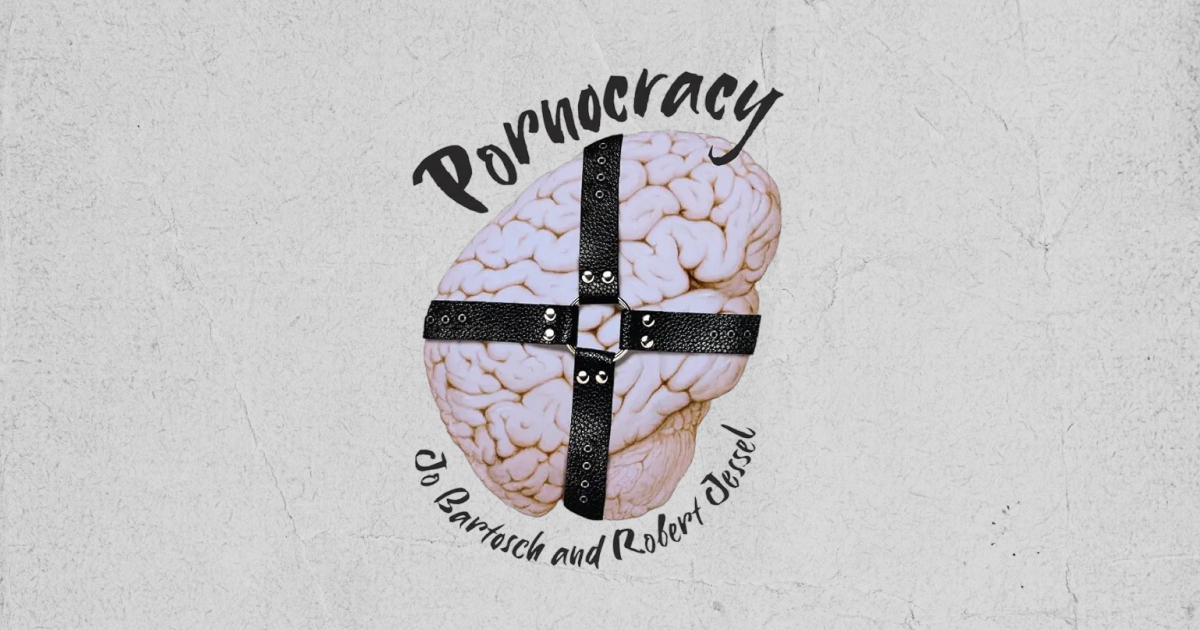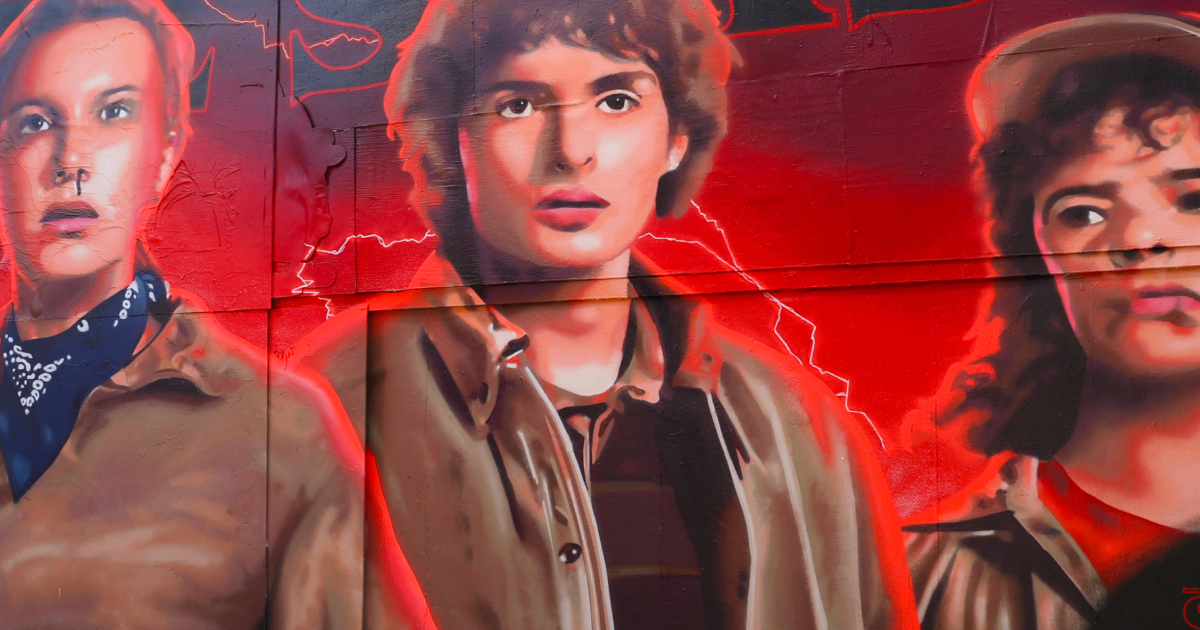A festival of Catholic music drew more than 40,000 attendees to the Brazilian city of Santa Bábara d’Oeste, during which demand for Confession proved too much for the priests in attendance.
The city of 180,000 inhabitants is located about 85 miles away from São Paulo, Brazil’s major economic hub. The Summer Night festival on 17 May was billed as Brazil’s “largest Catholic vigil” and featured 17 singers, bands and DJs on two simultaneous stages between 6 p.m. and 6 a.m. the following morning.
A Mass was celebrated during the festival, and at least 40 priests took turns to hear confessions all the way through the festival until 6 a.m. the next day. The Diocese of Piracicaba, which is behind the music event, confirmed that the demand for confessions was too large and that many people had to leave without managing to confess.
This was the second Summer Night festival. The first one was in 2014, though it was organised in the city of São Paulo. The festival was inspired by Summer Beats, an event that first happened in 2006 and brought together Catholic and Evangelical music. In 2018, Summer Beats became a solely Catholic event.
“We were invited and incentivised by Bishop Devair Araújo da Fonseca to be bold and take the festival to a smaller city in the heartland of the State of São Paulo,” Antônio Cerqueira Junior, the founder of Summer Beats and Summer Night, told Crux.
According to Junior, the number of Catholic music festivals and concerts in Brazil remains low. A few Catholic movements – connected to the Charismatic Catholic Renewal – promote their own events, but the most common form is a combination of preaching and music.
“Other than that, most Catholic events are focused on conferences and lectures. Some of them are massive, but there’s no music involved,” he said.
Evangelicals, comprising at least 31 per cent of the Brazilian population, have experienced fast growth in the South American country over the past few decades. In 1970, they made up only 5 per cent of the population.
Part of that success involved the development of a gigantic Gospel music industry, nowadays a multi-billion-dollar industry. Great Gospel festivals have been regularly organised in Brazil since the 1990s.
Among Catholics, the natural path was to follow in the steps of the Gospel music tradition, but with less support and less money. Though there still exists a huge pent-up demand, according to Junior.
“Especially for young Catholics, the number of available options when it comes to Catholic music events is still low,” he described.
At the same time, initiatives like Summer Night draw from secular concerts when it comes to the likes of up-to-date visual effects and sound infrastructure, allowing for an experience the audience is not used to.
“The latest edition of Summer Beats in São Paulo gathered 200,000 people,” Junior said.
Bishop da Fonseca explained that he always had the desire of organising an event for the youth in his diocese, but different problems would always seem to arise and prevent him from following through on the idea.
“On a visit to Santa Barbara, I talked about it to the city government, and they offered a venue where we could organise a concert,” he recalled.
Da Fonseca said that the public was mostly formed by young people, but there was a significant presence of multi-generational families – including children and elderly citizens. The majority had some connection with Catholic movements, but non-Catholics also attended the event, which drew people from different states all over Brazil, Junior said.
“We settled up a chapel for adoration, so people could pray during the night. During Mass, I told the audience: 'This is not just a festival. It’s an encounter with Jesus. It’s about waking up,'” he said.
Apparently, that goal was successfully achieved. Da Fonseca said that the priests hearing confessions told him that they were struck by the piousness of most of the confessions they heard.
The event was free of cost. Da Fonseca plans to organise new editions of Summer Night in Santa Bárbara every year from now on, as well as other music events in other parts of his diocese.
“The beauty of the music and of the visual effects, the experience of being present with so many people at the same event can attract our attention and bring us to Christ,” Da Fonseca said.
“Of course, that faith has to be cared for after that. But it’s a very important start.”
Photo: The bassist of the Australian band 'Parcels', Noah Hill, performs during the third day of the Lollapalooza music festival at the Autodromo Jose Carlos Pace in Sao Paulo, Brazil, 30 March 2025. (Photo by PABLO PORCIUNCULA/AFP via Getty Images.)
A festival of Catholic music drew more than 40,000 attendees to the Brazilian city of Santa Bábara d’Oeste, during which demand for Confession proved too much for the priests in attendance.
The city of 180,000 inhabitants is located about 85 miles away from São Paulo, Brazil’s major economic hub. The Summer Night festival on 17 May was billed as Brazil’s “largest Catholic vigil” and featured 17 singers, bands and DJs on two simultaneous stages between 6 p.m. and 6 a.m. the following morning.
A Mass was celebrated during the festival, and at least 40 priests took turns to hear confessions all the way through the festival until 6 a.m. the next day. The Diocese of Piracicaba, which is behind the music event, confirmed that the demand for confessions was too large and that many people had to leave without managing to confess.
This was the second Summer Night festival. The first one was in 2014, though it was organised in the city of São Paulo. The festival was inspired by Summer Beats, an event that first happened in 2006 and brought together Catholic and Evangelical music. In 2018, Summer Beats became a solely Catholic event.
“We were invited and incentivised by Bishop Devair Araújo da Fonseca to be bold and take the festival to a smaller city in the heartland of the State of São Paulo,” Antônio Cerqueira Junior, the founder of Summer Beats and Summer Night, told <em>Crux</em>.
According to Junior, the number of Catholic music festivals and concerts in Brazil remains low. A few Catholic movements – connected to the Charismatic Catholic Renewal – promote their own events, but the most common form is a combination of preaching and music.
“Other than that, most Catholic events are focused on conferences and lectures. Some of them are massive, but there’s no music involved,” he said.
Evangelicals, comprising at least 31 per cent of the Brazilian population, have experienced fast growth in the South American country over the past few decades. In 1970, they made up only 5 per cent of the population.
Part of that success involved the development of a gigantic Gospel music industry, nowadays a multi-billion-dollar industry. Great Gospel festivals have been regularly organised in Brazil since the 1990s.
Among Catholics, the natural path was to follow in the steps of the Gospel music tradition, but with less support and less money. Though there still exists a huge pent-up demand, according to Junior.
“Especially for young Catholics, the number of available options when it comes to Catholic music events is still low,” he described.
At the same time, initiatives like Summer Night draw from secular concerts when it comes to the likes of up-to-date visual effects and sound infrastructure, allowing for an experience the audience is not used to.
“The latest edition of Summer Beats in São Paulo gathered 200,000 people,” Junior said.
Bishop da Fonseca explained that he always had the desire of organising an event for the youth in his diocese, but different problems would always seem to arise and prevent him from following through on the idea.
“On a visit to Santa Barbara, I talked about it to the city government, and they offered a venue where we could organise a concert,” he recalled.
Da Fonseca said that the public was mostly formed by young people, but there was a significant presence of multi-generational families – including children and elderly citizens. The majority had some connection with Catholic movements, but non-Catholics also attended the event, which drew people from different states all over Brazil, Junior said.
“We settled up a chapel for adoration, so people could pray during the night. During Mass, I told the audience: 'This is not just a festival. It’s an encounter with Jesus. It’s about waking up,'” he said.
Apparently, that goal was successfully achieved. Da Fonseca said that the priests hearing confessions told him that they were struck by the piousness of most of the confessions they heard.
The event was free of cost. Da Fonseca plans to organise new editions of Summer Night in Santa Bárbara every year from now on, as well as other music events in other parts of his diocese.
“The beauty of the music and of the visual effects, the experience of being present with so many people at the same event can attract our attention and bring us to Christ,” Da Fonseca said.
“Of course, that faith has to be cared for after that. But it’s a very important start.”
<em>Photo: The bassist of the Australian band 'Parcels', Noah Hill, performs during the third day of the Lollapalooza music festival at the Autodromo Jose Carlos Pace in Sao Paulo, Brazil, 30 March 2025. (Photo by PABLO PORCIUNCULA/AFP via Getty Images.)</em>





